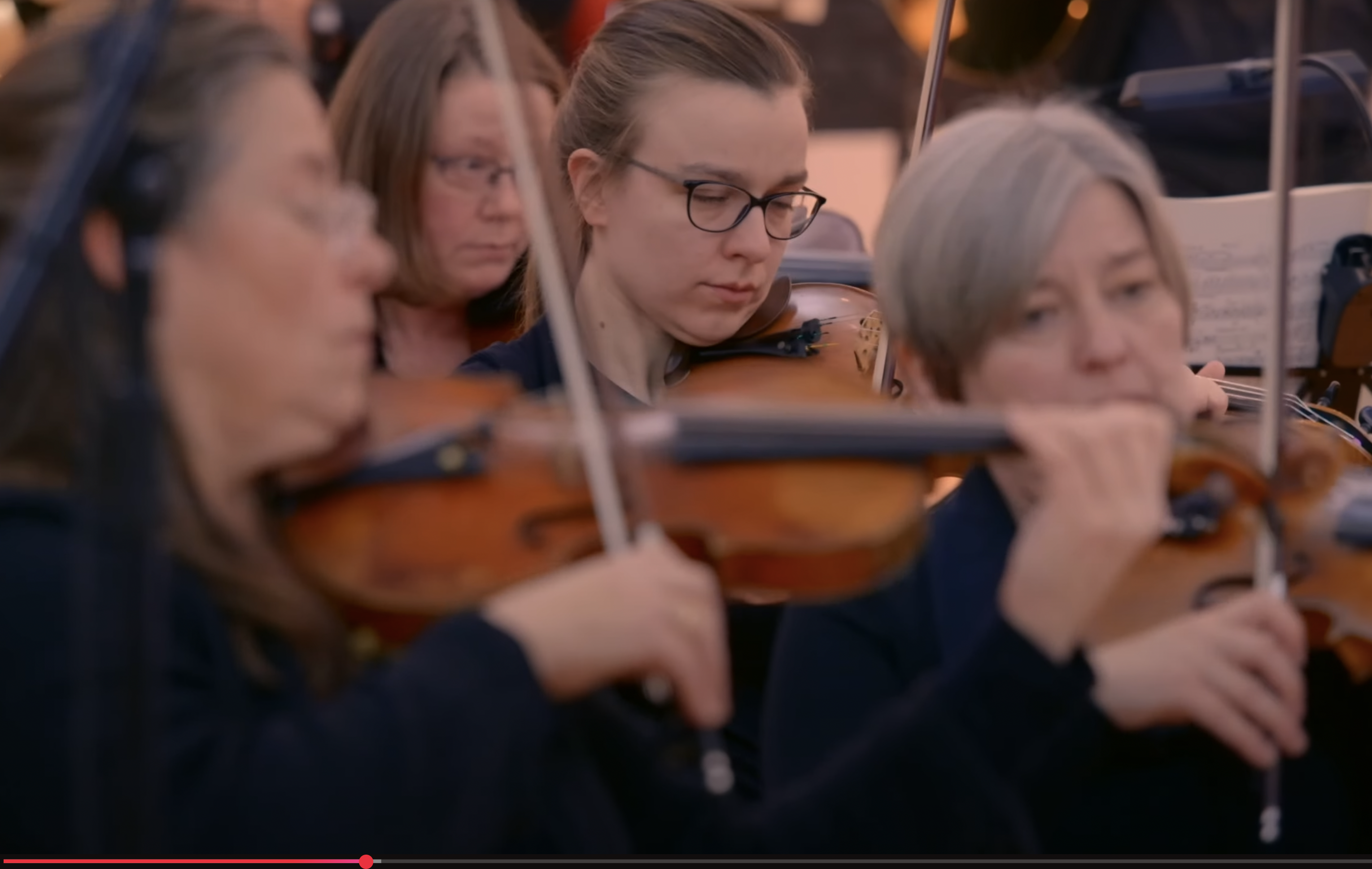Support our work – click here to donate
Want to view the full video?
You need to be an ESO Digital Supporter to view the full content. Please click here for more information, or sign in to your account below if you’re already registered.
Already a supporter? Click here to log in.
Programme
Harold Truscott Elegy for Strings
Michael Tippett Little Music for Strings
Edward Elgar Serenade for Strings
Evan Chambers The Tall-Eared Fox and the Wild-Eyed Man
Artists
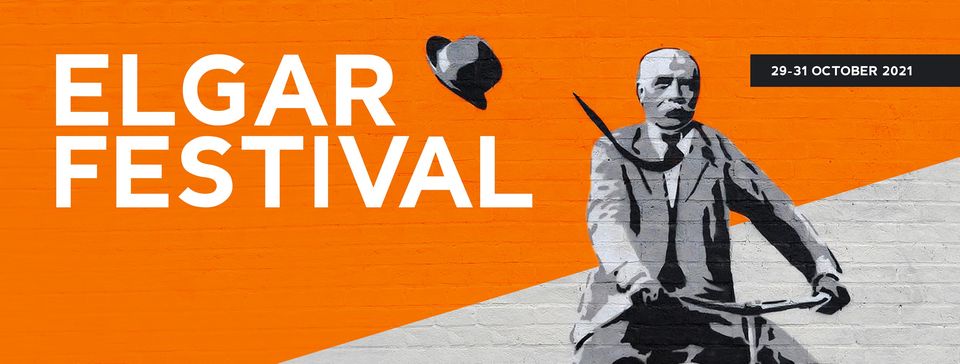
About this Concert
Recorded live at Worcester Guildhall as part of the 2021 Elgar Festival, Kenneth Woods conducts the ESO as they perform music by Truscott, Tippett, Chambers and – of course – Sir Edward Elgar.
Shown with special thanks to the Elgar Society for their sponsorship of the recording and videography of this concert.
Discover More
Harold Truscott - Elegy
Harold Truscott – Elegy for Strings
What prompted Harold Truscott to compose the Elegy is not recorded, nor, indeed, are the reasons why he suppressed all knowledge of this highly charged and beautiful symphonic adagio for the remainder of his life. The manuscript score comments only on the deliberate quotation, fairly early on in the musical discourse, from George Butterworth’s rhapsody A Shropshire Lad, though it gives no hint at the reason for the quote, other than that it is ‘deliberate’. The Elegy dates to October 1943, just after Truscott had started attending—as a distraction from his wartime night-shift employment in the Post Office—the Royal College of Music as a part-time, adult student, thanks to a bequest from his favourite aunt who had died the previous year. Although at times undeniably emotional in character, the Elegy does not sound like a memorial, either to his aunt or, given the wartime date, to an old school friend who had perished at Dunkirk three-and-a-half years before.
The Elegy is a powerful, symphonic adagio in E flat that is outwardly, then, concerned with matters musical – particularly the music’s attempt to cadence into A flat. The move is in vain; despite excursions into C major and E major, E flat stubbornly refuses to budge. The presence of the note D flat (the sub-dominant of A flat), however, undermines the home key to such an extent that when the Elegy concludes, the simplest tonic chord of E flat major in root position (cellos, violas, second violins) is made to sound unresolved and ‘wrong’. A possible extra-musical cause may lie in the breakdown at about this time of Truscott’s long-term engagement to a former student, Barbara Campbell. He was a convert to Roman Catholicism, she a Presbyterian (from North-West England) who tried but failed to accept Catholic dogma. Truscott would not marry outside his adopted faith so, caught in this irreconcilable impasse, they parted reluctantly. The music is at times extremely passionate and emotive, evoking a feeling of deep loss in that failure to resolve the tonal issue at the close.
Harold Truscott was born on August 23rd., 1914. During his lifetime, he was best known as a writer, teacher and broadcaster, who published books on the late Beethoven String Quartets (London, 1968) and Franz Schmidt’s orchestral music (London, 1984). Truscott contributed to most of the major British music journals from the late 1940s through to the 1980s, as well as to Penguin’s 2-volume symposium The Symphony (1967), writing the chapters on Haydn and Schubert in Volume 1, and Mahler, Sibelius, Franz Schmidt, Havergal Brian, Rubbra and Tippett in Volume 2. He was a noted champion of supposedly ‘lost’ causes several of which have now (e.g. Schmidt, Brian, the late piano works of Schubert) received much of their due directly because of his early informed advocacy. His principal legacy is his own music, however, ignored so totally while he was alive that much was left unfinished. His official worklist had numbered only fifty completed works, including one symphony (although he started eleven), chamber and many instrumental works. After his death, aged 78, on October 7th., 1992, however, consolidation of his manuscripts by the present writer more than doubled that total, including two string quartets—he at least once categorically denied having written any—and the Elegy. Most prominent amongst his output is the magisterial set of twenty-two piano sonatas (ten of which were recorded on LP by Peter Jacobs in the 1980s for Altarus Records, others since by Ian Hobson for Toccata Classics), which the late Robert Simpson (1921-97) hailed as “the greatest set by an Englishman.”
Guy Rickards
Michael Tippett - Little Music for Strings
Sir Michael Tippett – Little Music for Strings
Some two decades before John McCabe and Philip Sawyers would form lasting affiliations with the ESO, Sir Michael Tippett became the first internationally significant composer to form a lasting bond with the ESO. My predecessor, William Boughton, and his colleagues at Nimbus Records, notably their Artistic Director, Adrian Farmer (who himself commissioned Philip Sawyers’ Songs of Loss and Regret which we just released on CD this week), had noted that Tippett, then approaching eighty years of age, was not getting nearly the attention in concert or on record that his music deserved. “It’s always problematic for a composer when their music gets spread across too many record labels, with no one company really taking responsibility for documenting and disseminating their work,” Adrian once told me. “For Tippett, it was a disaster. When you think of Britten’s long and exclusive relationship with Decca, compared to the haphazard handling Tippett’s work had on record, it is shocking.”
In fact, it was the example of Tippett that Farmer cited to me in explaining his commitment to nurturing the music of Philip Sawyers on Nimbus. Farmer and Boughton put all their combined resources behind supporting Tippett, yielding memorable 80th and 85th birthday celebrations, a BBC TV documentary (“Tippett in Malvern”) and a series of important recordings with the ESO, including their fine recording of Little Music, this vivacious and inspired work.
Kenneth Woods
Edward Elgar - Serenade for strings
Edward Elgar – Serenade for Strings
Elgar’s youthful Serenade for Strings almost certainly stands as the most often played work in the ESO’s wide repertoire. At one point, it had become so ubiquitous on ESO programmes that when I joined the orchestra I suggested we give it a three-year break. Fortunately, that embargo has now run its course and we can return to this beloved little gem with fresh ears, new ideas and greater affection. Composed in 1892, it was first played, just around the corner from this venue, by the “Worcester Ladies’ Orchestral Class” with the composer conducting.
Kenneth Woods
Evan Chambers - The Tall-Eared Fox and the Wild-Eyed Man
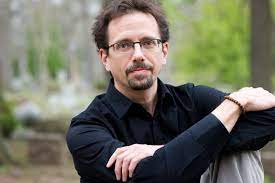
Composer Evan Chambers
The Tall-Eared Fox and the Wild-Eyed Man was originally composed for string Quartet; I completed this version for string orchestra in 1994. The piece grew out of my involvement with Irish traditional music, and consists of two Irish (or Irish-American!) jigs.
In Irish dance music there is a tendency for tune titles to make rather prosaic reference to daily life; titles such as “Boiled Goat’s Milk” and “The New Toyota” abound. In my case, the composition was motivated by experiences that I had while traveling in western Wales, around St. David’s Head. I happened to see a fox with very tall ears standing with his nose to the wind in a field by the ocean. Later, while walking down a steep back road I was passed by a farm cart, in which was a man with the wildest eyes I have ever seen. He was standing up, facing the rear of the wagon with his head thrown back, his long, knotted hair streaming, swaying violently from side to side with his arms outstretched, looking right at me, and he was laughing —
It struck me as an admonition that we should live life like we make music, with love, a deep sense of the simple and overwhelming beauty around us, and with wild abandon.
Evan Chambers
About the artists - Evan Chambers, composer
Evan Chambers (b 1963, Alexandria, Louisiana) is currently Professor of Composition at the University of Michigan.
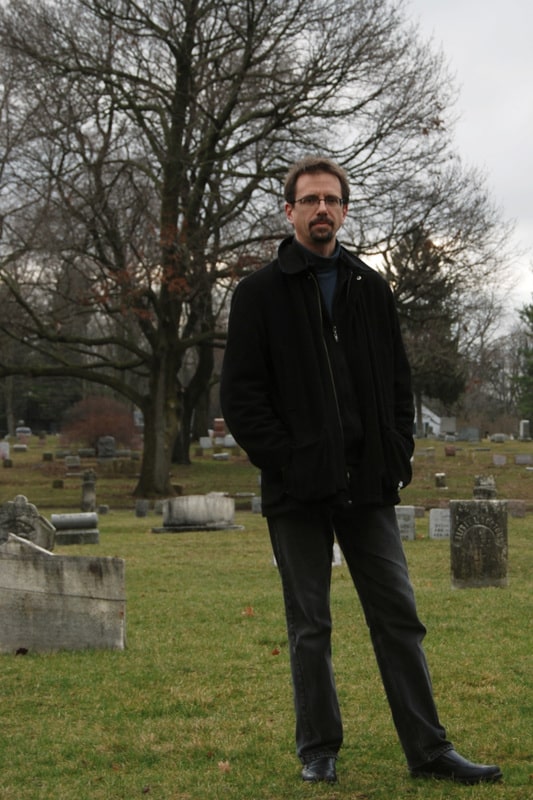 His 2007 orchestral song cycle The Old Burying Ground was performed in Carnegie Hall in February 2008; a recording is available on Dorian/Sono Luminus. Chambers’ compositions have been performed by the Cincinnati, Kansas City, Memphis, New Hampshire, and Albany Symphonies, among others; has also appeared as a soloist in Carnegie Hall with the American Composers Orchestra. He won first prize in the Cincinnati Symphony Competition, and in 1998 was awarded the Walter Beeler Prize by Ithaca College. His work has been recognized by the American Academy of Arts and Letters, the Luigi Russolo Competition, Vienna Modern Masters, NACUSA, and the American Composers Forum. He has been a resident of the MacDowell Colony and Yaddo, and been awarded individual artist grants from Meet the Composer, the Arts Foundation of Michigan and ArtServe Michigan.
His 2007 orchestral song cycle The Old Burying Ground was performed in Carnegie Hall in February 2008; a recording is available on Dorian/Sono Luminus. Chambers’ compositions have been performed by the Cincinnati, Kansas City, Memphis, New Hampshire, and Albany Symphonies, among others; has also appeared as a soloist in Carnegie Hall with the American Composers Orchestra. He won first prize in the Cincinnati Symphony Competition, and in 1998 was awarded the Walter Beeler Prize by Ithaca College. His work has been recognized by the American Academy of Arts and Letters, the Luigi Russolo Competition, Vienna Modern Masters, NACUSA, and the American Composers Forum. He has been a resident of the MacDowell Colony and Yaddo, and been awarded individual artist grants from Meet the Composer, the Arts Foundation of Michigan and ArtServe Michigan.
His composition teachers include William Albright, Leslie Bassett, Nicholas Thorne, and Marilyn Shrude, with studies in electronic music with George Wilson and Burton Beerman. Recordings have been released by Albany Records, the Foundation Russolo-Pratella, Cambria, Clarinet Classics, Equillibrium, and Centaur. His solo chamber music disk (Cold Water, Dry Stone) is available on Albany records.
Follow the Score - Harold Truscott Elegy
Follow the Score - Elgar Serenade
Follow the Score - Tippett Little Music for Strings
Follow the Score - Chambers: The Tall-Eared Fox and the Wild-Eyed Man
Read the complete 2021 Festival programme book
Production Information
Recorded at Worcester Guildhall on 29th October 2021.
Videographer: Joe Blomfield
Audio Engineer & Editor: Tim Burton
Orchestra Manager: Simon Brittlebank / The Music Agency
